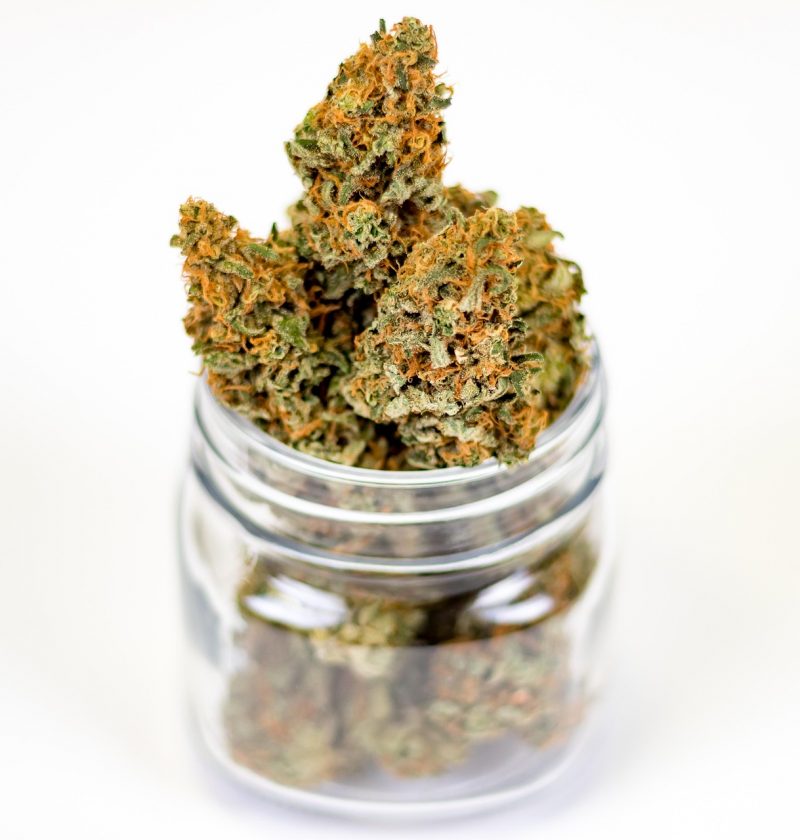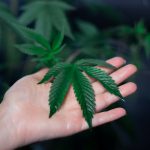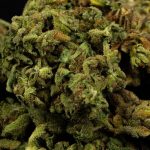Plovdiv, a vibrant city in southern Bulgaria, is known for its rich history and cultural heritage. As with many places around the world, the topic of cannabis, commonly referred to as “weed,” is a subject of interest for some of its residents and visitors. This article aims to provide an overview of the legal framework and safety considerations surrounding the purchase of cannabis in Plovdiv.
Legal Status of Cannabis in Bulgaria
In Bulgaria, cannabis is classified as a narcotic substance under the country’s narcotics control laws. The possession, sale, and use of cannabis for recreational purposes are illegal and can result in significant penalties, including fines and imprisonment. However, there have been discussions and debates about the potential legalization or decriminalization of cannabis for medical or recreational use.
Current Laws and Penalties
- Possession of small quantities for personal use may be subject to fines or administrative penalties.
- Larger quantities can lead to charges of drug trafficking, which carries more severe penalties, including imprisonment.
- The sale of cannabis is strictly prohibited and is considered a serious offense.
Safety Considerations
For those who still choose to engage in the purchase of cannabis in Plovdiv, safety should be a paramount concern. The illegal cannabis market can be associated with various risks, including:
- Quality and safety risks: Cannabis products purchased on the black market may be contaminated or adulterated.
- Legal risks: Engaging in illegal activities can result in legal consequences.
- Personal safety risks: Transactions on the black market can be dangerous.
Alternatives and Future Directions
For individuals seeking the benefits of cannabis for medical purposes, there are legal avenues available in Bulgaria under certain conditions. Patients with specific medical conditions can access cannabis-based treatments with a doctor’s prescription and approval from the relevant authorities.
The legal landscape surrounding cannabis is evolving globally, and Bulgaria is no exception. While there are discussions about reforming cannabis laws, any changes would need to be implemented through legal channels.
Buying weed in Plovdiv involves navigating a complex legal environment and considering personal safety. Understanding the current laws and potential risks is essential for making informed decisions. As the legal and societal views on cannabis continue to evolve, it is crucial to stay informed about any changes in legislation and to prioritize health and safety.
Medical Cannabis in Bulgaria
Bulgaria has taken steps to allow the medical use of cannabis under certain conditions. Patients with specific medical conditions can access cannabis-based treatments, but the process is highly regulated. To qualify, patients must obtain a prescription from a licensed doctor and receive approval from the Bulgarian Ministry of Health.
Regulations for Medical Cannabis
- Only certain cannabis-based products are approved for medical use.
- Patients must have a diagnosed condition that qualifies for cannabis treatment.
- A licensed doctor must prescribe the cannabis-based treatment.
- The Ministry of Health must approve the treatment plan.
Public Opinion and Potential Reforms
Public opinion on cannabis legalization is diverse in Bulgaria, as it is in many countries. Some advocate for the legalization of cannabis for both medical and recreational use, citing potential economic benefits and the need for a more rational drug policy. Others express concerns about the potential negative consequences of legalization.
Potential Economic Benefits
Legalization could potentially generate significant tax revenue and create new job opportunities in the cannabis industry. It could also help to reduce the burden on the criminal justice system by decreasing the number of cannabis-related arrests and prosecutions.
Challenges and Considerations
Any move towards legalization or decriminalization would need to be carefully considered and implemented. This would involve addressing concerns about public health, safety, and the potential for increased use among young people. It would also require developing a regulatory framework to govern the production, distribution, and sale of cannabis.






The discussion on the potential for legalization or decriminalization of cannabis is timely, and it would be interesting to see more exploration of this topic in future articles.
It is crucial that the article emphasizes the legal consequences of engaging in cannabis-related activities in Bulgaria, serving as a warning to potential users.
The article provides a comprehensive overview of the current legal status of cannabis in Plovdiv, Bulgaria, and highlights the potential risks associated with its purchase on the black market.